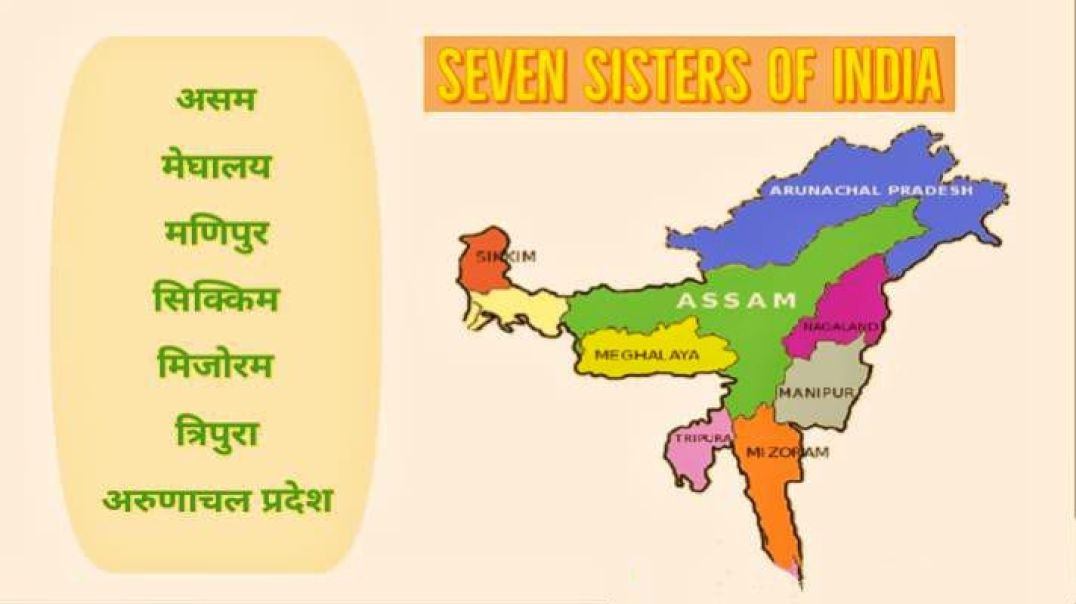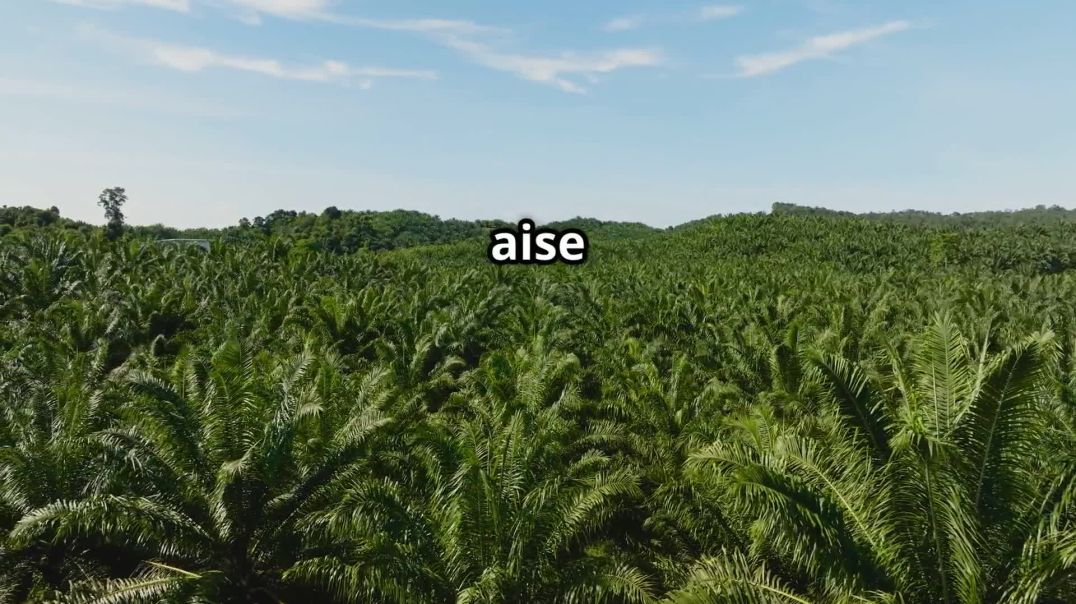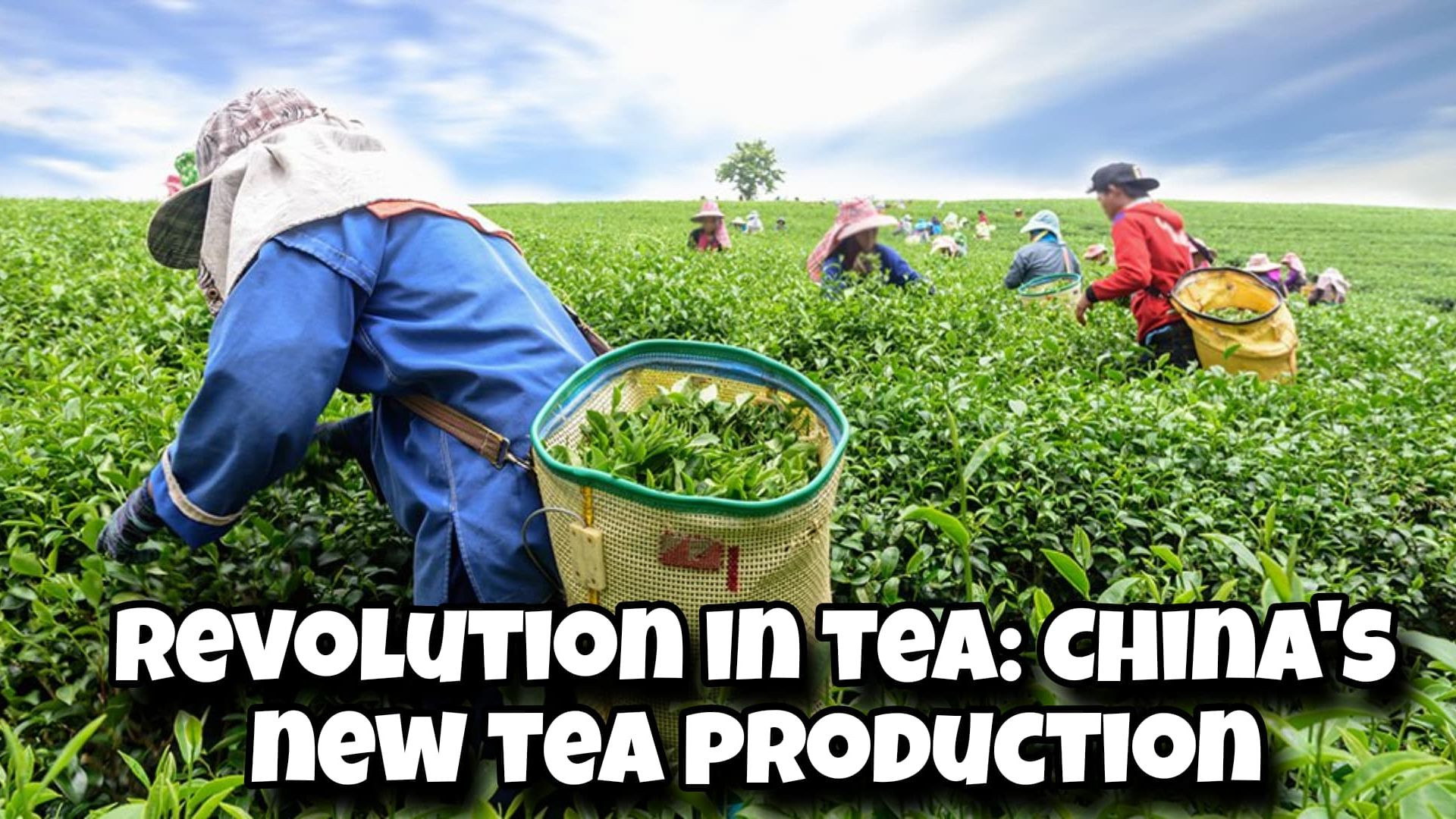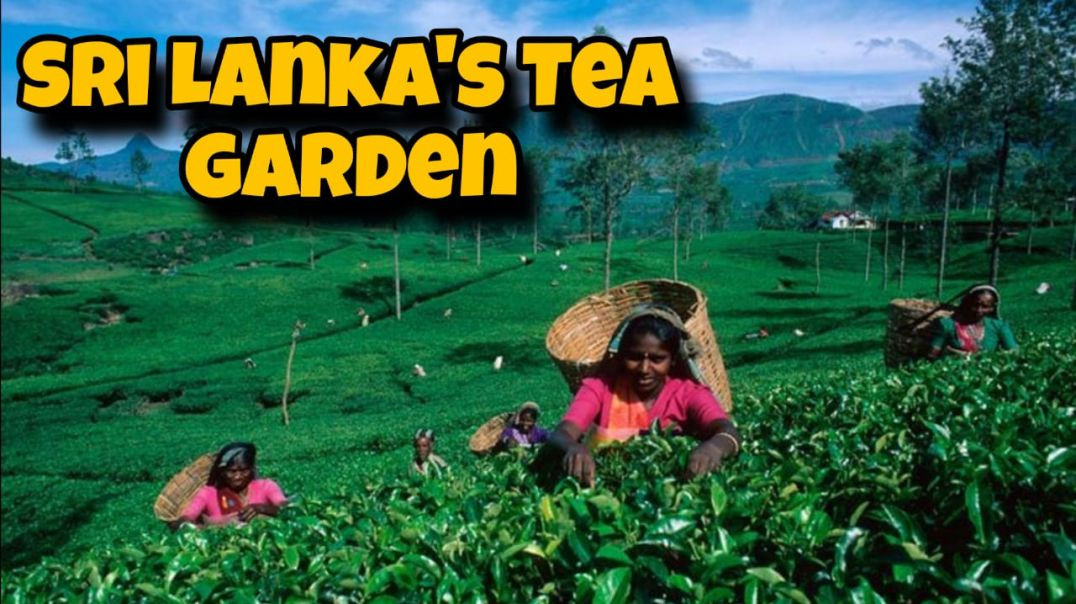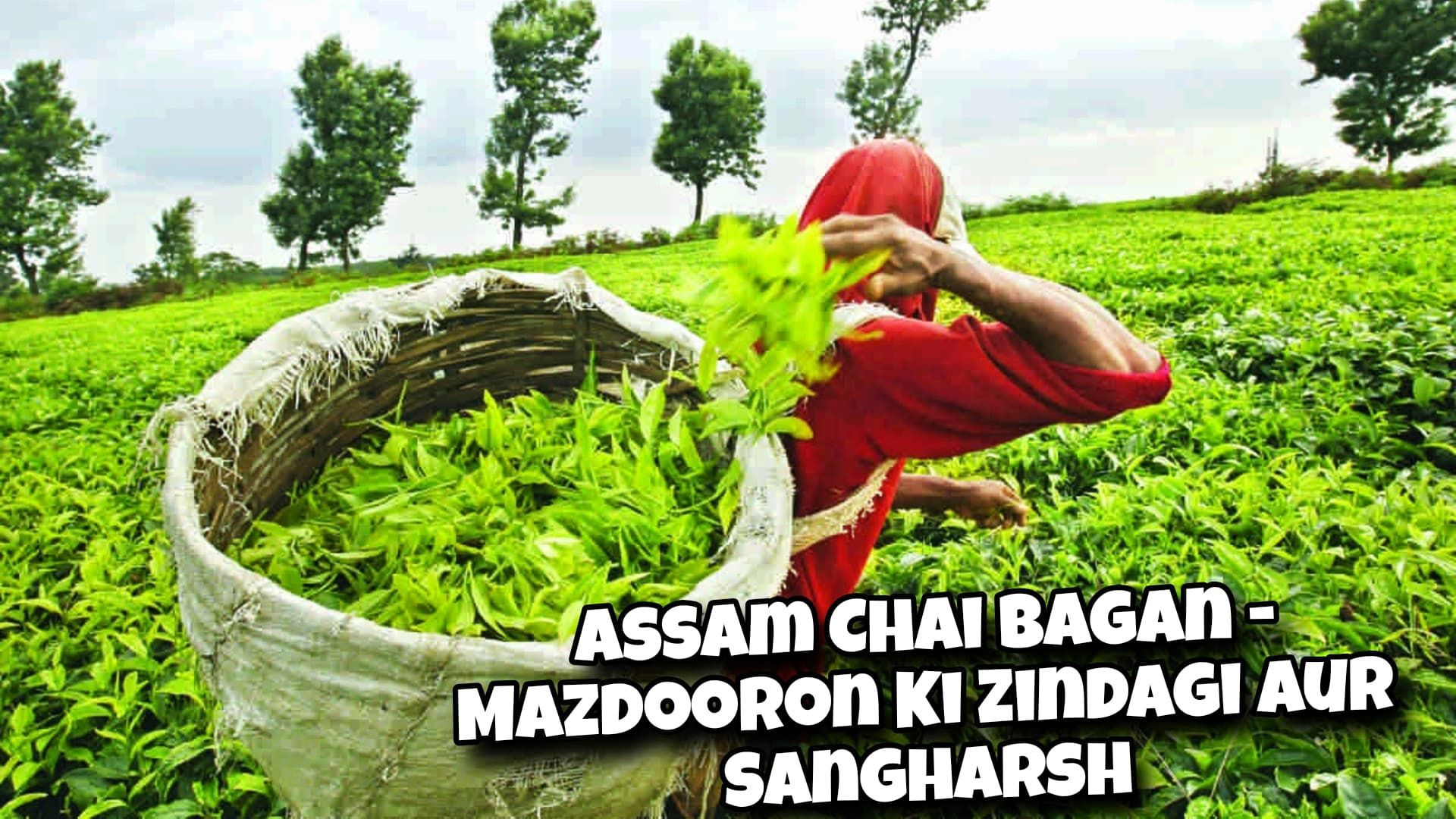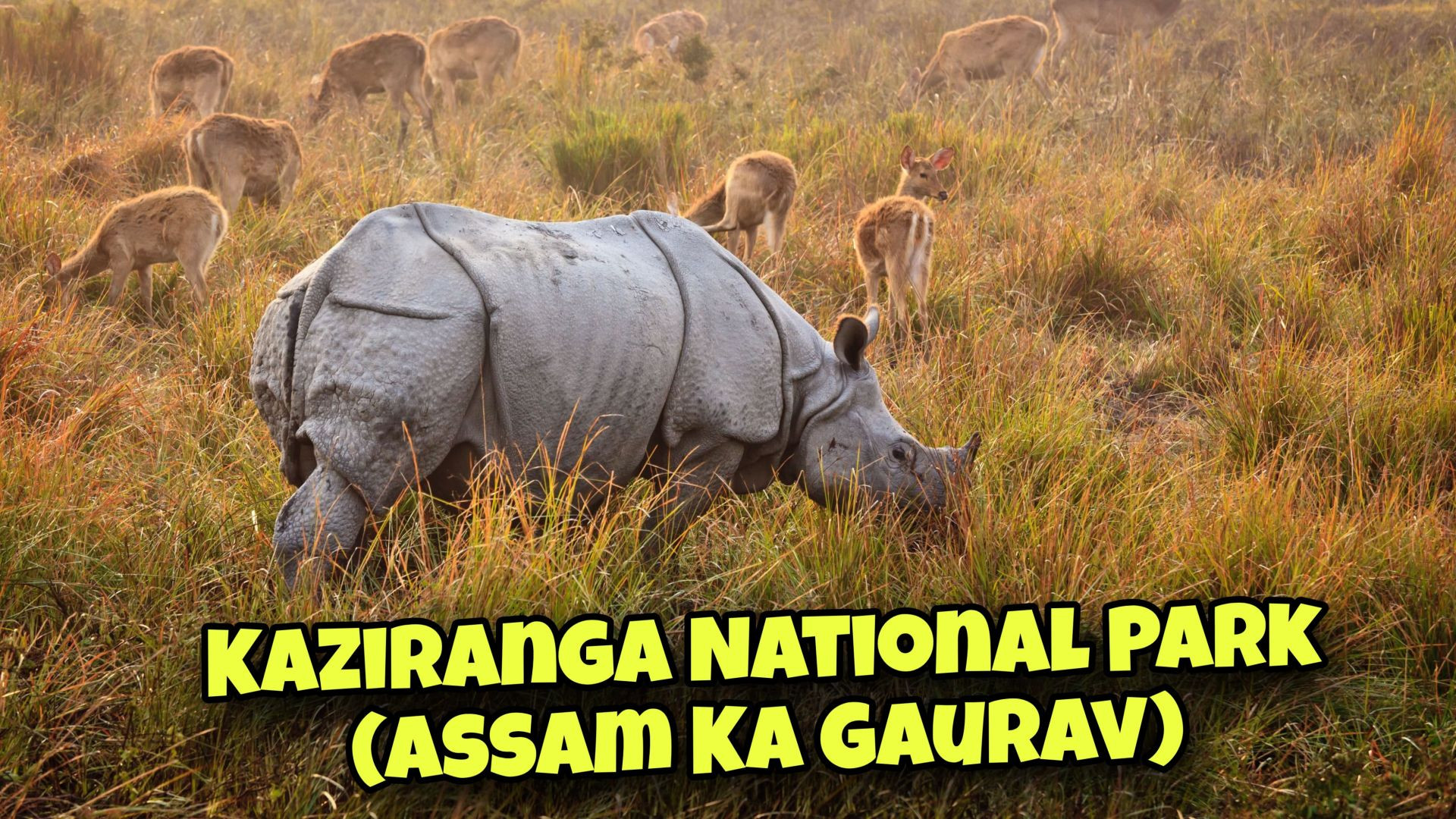Assam Tea Garden History (Hindi Documentary)
Assam Tea Garden History
Origin: Assam is home to one of the world’s oldest and richest tea-growing regions. Wild tea plants have grown naturally in Assam’s forests for centuries.
Discovery: In 1823, Scottish adventurer Robert Bruce discovered wild tea plants in Assam’s jungles.
Commercial Start: The British East India Company began commercial tea cultivation around 1837, realizing Assam’s potential to produce high-quality tea.
Expansion: The lush hills and humid climate of Assam were perfect for tea plantations. The British set up large tea estates, bringing laborers from different parts of India.
Labor: Tea gardens depended on migrant workers, many of whom lived in labor camps with challenging conditions.
Global Fame: Assam tea gained worldwide recognition for its strong, bold flavor, making it a staple in global markets.
Assam Tea Business
Production: Assam is the largest tea-producing region in India, accounting for about 50% of India’s total tea output.
Varieties: Famous for Assam Black Tea, known for its briskness, malty flavor, and bright color.
Export: Assam tea is exported worldwide, especially to countries like the UK, Russia, and the Middle East.
Economic Importance: Tea gardens contribute significantly to Assam’s economy and employment, involving millions of workers.
Challenges: The industry faces challenges like fluctuating market prices, labor welfare issues, and climate change impact.
Modern Trends: Recent efforts focus on organic tea farming, fair trade practices, and tourism in tea estates.


